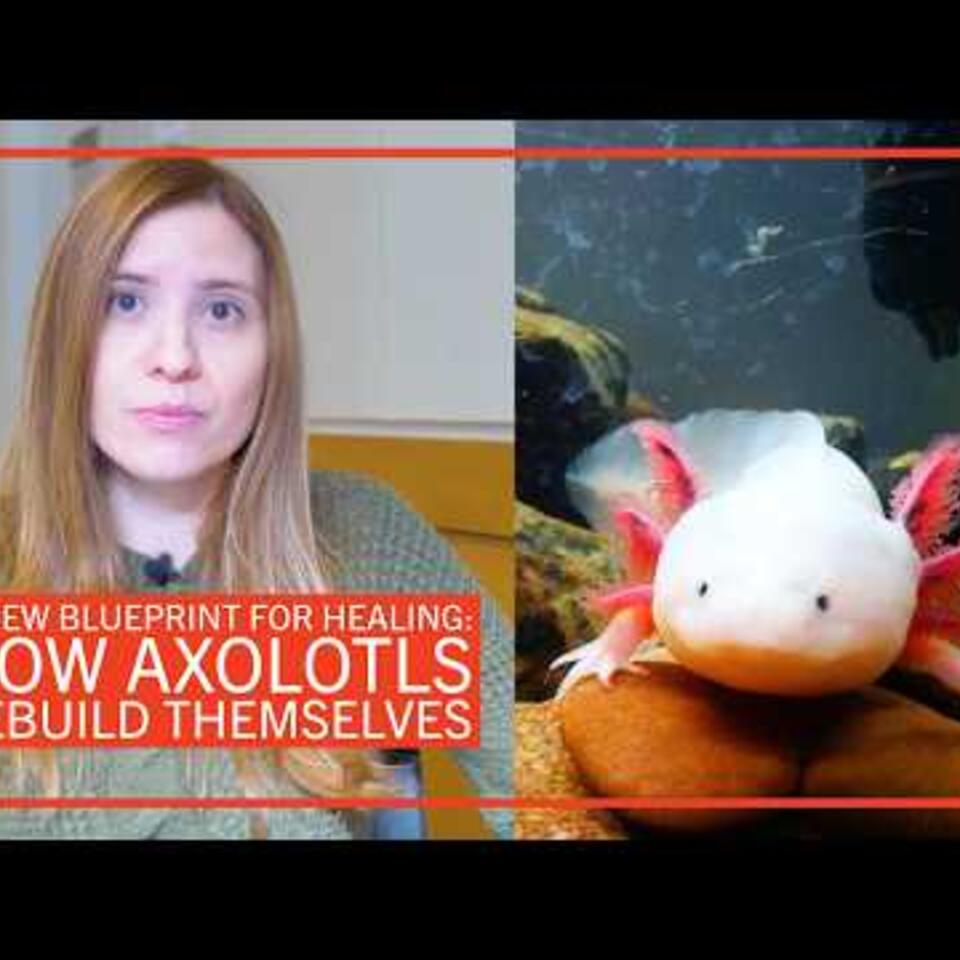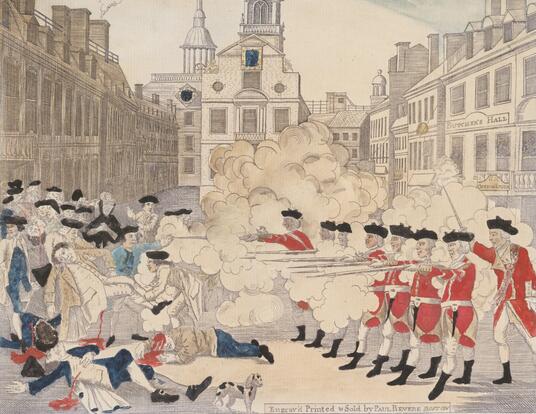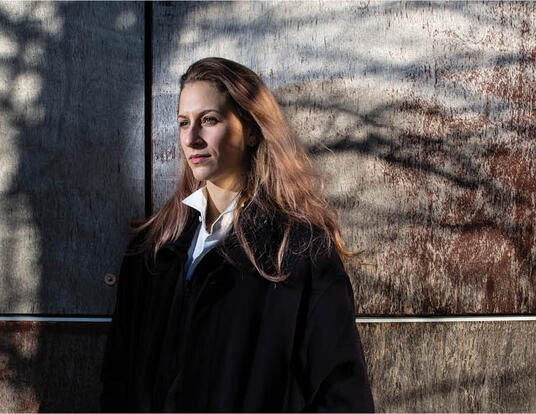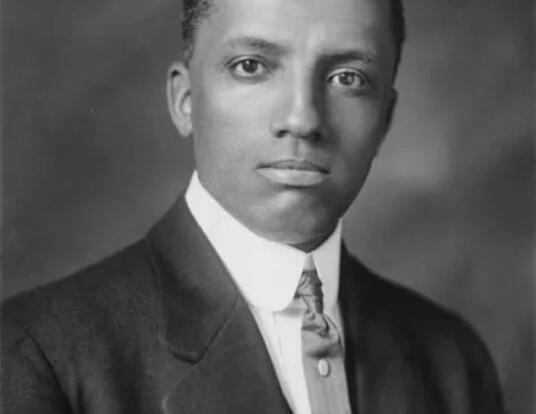Beyond Access
In conversation with Anthony Abraham Jack, PhD '16
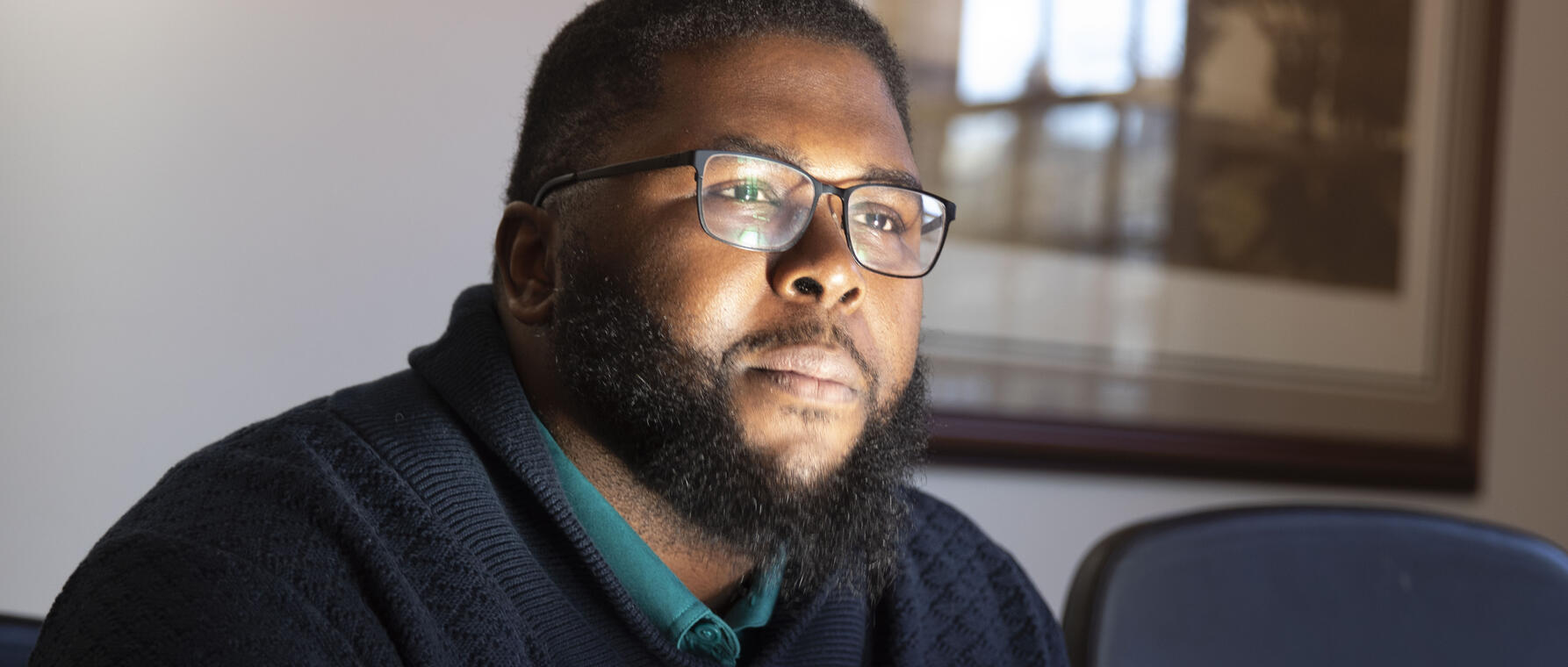
Anthony Abraham Jack earned a PhD in sociology from the Graduate School of Arts and Sciences in 2016. A junior fellow in Harvard’s Society of Fellows and assistant professor of education at the Harvard Graduate School of Education, Jack holds the Shutzer Assistant Professorship at the Radcliffe Institute for Advanced Study. His book, The Privileged Poor: How Elite Colleges Are Failing Disadvantaged Students has galvanized national conversations about inclusion in American higher education.
In The Privileged Poor, you distinguish between access and inclusion.
Access is getting in. Inclusion happens once students get on campus. It refers to the processes by which students are made to feel not just that they belong, but also that they are full members of the community and are entitled to all the rights and privileges of that membership.
Your research broke new ground by identifying a previously invisible distinction between disadvantaged students that originates with their high school experiences.
As a graduate student, I was interested in culture and inequality. I wanted to understand how social class shapes how students navigate college. It was a research question born of my own experience. What I was reading in the sociology literature about lower-income students told a monolithic story of poor family, poor neighborhood, poor school. This was not my experience as a student at Amherst College and as a diversity intern in the admissions office. It also came from realizing that a group, especially at selective colleges, was missing from sociological research. No one was talking about the ways in which lower-income students were entering private school and prep school.
In my research, I saw a pattern emerge between those students who went to private schools and were poor, who I came to call “the privileged poor,” and those who went to public school and were poor, the “doubly disadvantaged.” The modal experiences of the two groups diverged in high school, and they experience college very differently. The “privileged poor” are economically poor but socially and culturally privileged in the sense that they’ve had the academic and social experiences of the top 1 percent. The doubly disadvantaged have less access to that cultural capital.
Your research also shed new light on the ways in which university policies shape student lives.
Universities are not passive receivers of students. There’s a social component and a structural component to college. Academic life is inherently social. Students learn material in class but master it in the dining hall, in the common room, in office hours. The reason I always say office hours are such an important part of a student’s academic experience is because it is often in office hours that professors become advisors, and advisors become mentors. But the language we use in everyday ways is incredibly loaded. Not all students arrive on campus understanding what “office hours” means.
The process I call “structural exclusion” demonstrates how official university policies push lower income students to the margins. Spring break is one example: When colleges and universities shut down dining halls and assume all students can afford to leave campus, they are putting already financially and sometimes emotionally stressed students into even more precarious positions.
When it comes to barriers to access, it turns out that qualitative research—the kind you did for your dissertation—is quite expensive to undertake.
One of the reasons I think I was successful in graduate school was not because I was so much of a go-getter when it came to fellowships—although I spent a great deal of time in the office of Cynthia Verba, the GSAS director of fellowships. It was because I was financially strapped. I learned in my first year of graduate school how much a qualitative dissertation can cost—between $12,000 and $15,000 for travel, data collection, compensating study respondents, and transcription. I worked with Stephanie Parsons in the GSAS Office of Diversity and Minority Affairs to ask her questions about how to navigate Harvard. I saved 10 percent of every stipend check, and applying for fellowships became part of my work as a graduate student. I wanted to be sure I would be able to do my dissertation on my own terms.
The acknowledgments in your book convey great warmth and appreciation for your personal and intellectual community.
I fought to keep my acknowledgments as long as they are, and they are a little bit longer than normal. I can take credit for the ideas and the work I put in, but all those people can take credit for helping me make it through. When it comes to inclusive mentoring, it’s important to realize that not every person should be your person for everything. I built my dissertation committee around the strengths of a team whose expertise could help me study culture, inequality, and education. But people forget that graduate school is not just about the dissertation. You have to live. It’s very important to surround yourself with good people. You want to build your best and biggest team.
What advice would you give to graduate students at the beginning of their teaching careers when it comes to inclusion?
We need to make sure we are paying attention to what students need and we have to question what we take for granted. Just because something is the way it is doesn’t mean that’s how it needs to be. It’s also okay not to know all the answers. Sometimes we get very defensive when we’re not 100 percent sure of things and that’s when our own biases and assumptions and defense mechanisms arise. But this is not on teaching assistants or teaching fellows alone. It’s up to institutions to recognize that their undergraduate student body is diversifying faster than any other segment of the population—and graduate students in some departments are diversifying as well. The university is getting better at having more discussions about diversity and inclusion and there is still more work to be done.
We need to make sure we are paying attention to what students need and we have to question what we take for granted. Just because something is the way it is doesn’t mean that’s how it needs to be.
–Anthony Abraham Jack
There’s a story behind the design of your book, which synthesizes personal narratives with scholarly analysis.
Because of who and what I write about, I believe I have to go above and beyond to be as upfront and completely transparent as possible about how I did the research so the findings are received on their merits. I care deeply about the students I interviewed. That doesn’t get in the way of the research. It inspired me to work even harder to make sure the story I was telling was not only theoretically rich and methodologically sound but written in such a way that it was accessible to our parents who didn’t go to college.
What’s next?
Next year I’m back at Harvard’s Society of Fellows. I’m going to start my next project, which is on the world of work among undergraduates. We know what happens to students after college, but we don’t actually investigate the experience that students have working in school. I want to know how that shapes their identity and how they move through college.
Photo by Kris Snibbe, Harvard University
Get the Latest Updates
Join Our Newsletter
Subscribe to Colloquy Podcast
Simplecast


